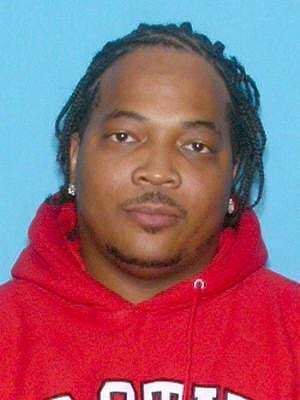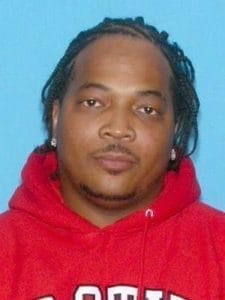A judge in the state Capitol is delaying a murder trial because the Department of Law Enforcement did not disclose to prosecutors or defense attorneys that the FBI found a partial DNA match on a phone seized at the site of a quadruple murder in 2010.
For the second time in 16 months, a Florida Department of Law Enforcement Analyst is under fire. In Feb 2014, FDLE fired an analyst for stealing drugs from evidence packets. Now the state’s top law enforcement agency is accused of not turning over DNA evidence that could spare a man facing a death sentence.
In November 2010, Brandi Peters and her three children were brutally murdered at a home just miles from the State Capitol. Henry Segura…the father of one of the children had recently been ordered to pay child support and became the key suspect. He was charged in 2011.
But now, DNA evidence in the case shows a match to a known Colombian drug trafficker who was deported. The Florida Department of Law Enforcement was told of the match in 2013 but never forwarded the DNA information to police, prosecutors, or defense attorney Chuck Hobbs. “We got it two years and two mothers later, and now we are in the posture of getting ready to go to trial where a young man could be killed potentially for these offenses and there is evidence that points to somebody else” says Hobbs.
Early in the investigation, police were told Brandi Peters was a drug courier who owed 80 thousand dollars to her distributors.
One of the more gruesome tales of the murders, all three of the children were found stacked on top of each other in the bathtub.
In a deposition last week, FDLE analyst Jo Ellen Brown said supervisors told her not to forward the new evidence to prosecutors because of the sample size…even though admitting she often forwards evidence when only partial results are available. In the end, the drug dealer was deported and police lost their chance to take new DNA samples. Criminal Defense Attorney Tim Jansen says the revelation opens the door to other cases that may have been mishandled.
“She falsely said it was uninterpretable; she prepared a report that was false, which seriously hurt the defense of a man facing multiple homicides and the death penalty. Nothing could be more serious than this,” says Jansen.
The FDLE analyst did come forward with the evidence in March, saying it was the right thing to do. Defense attorneys were told in April.


